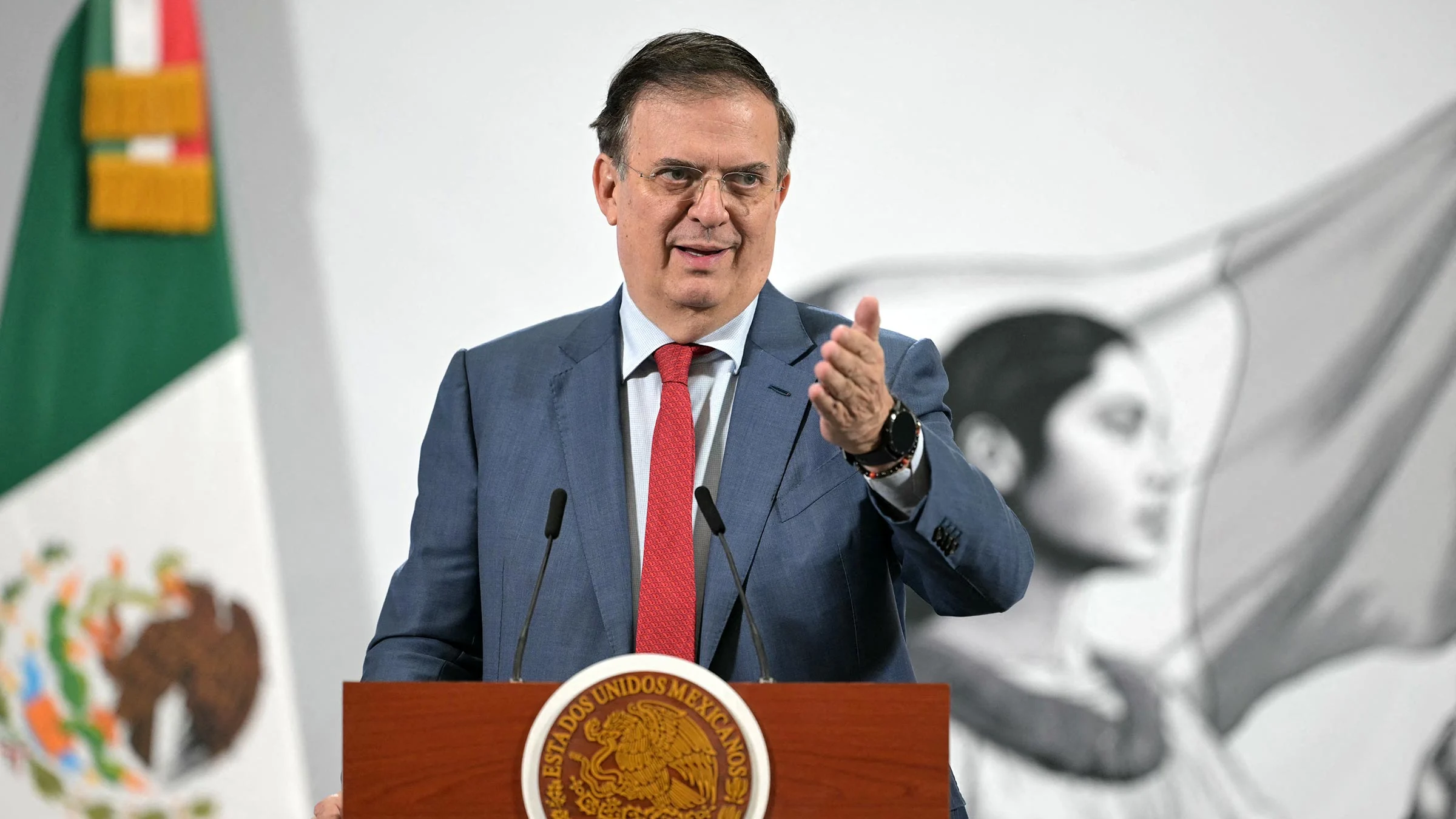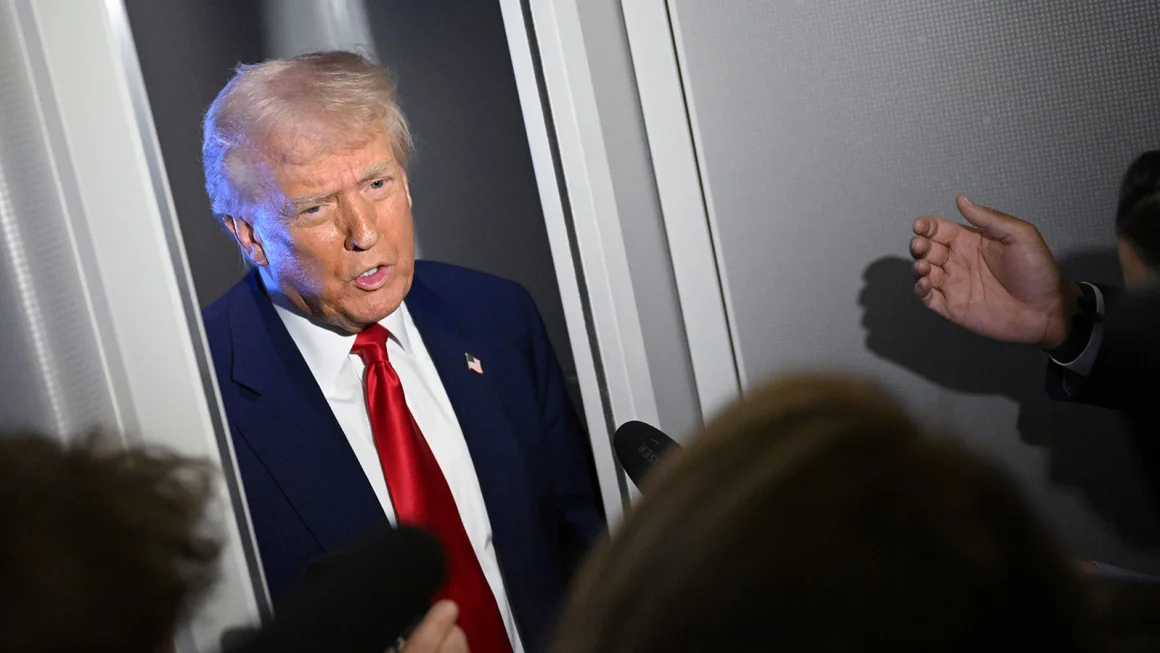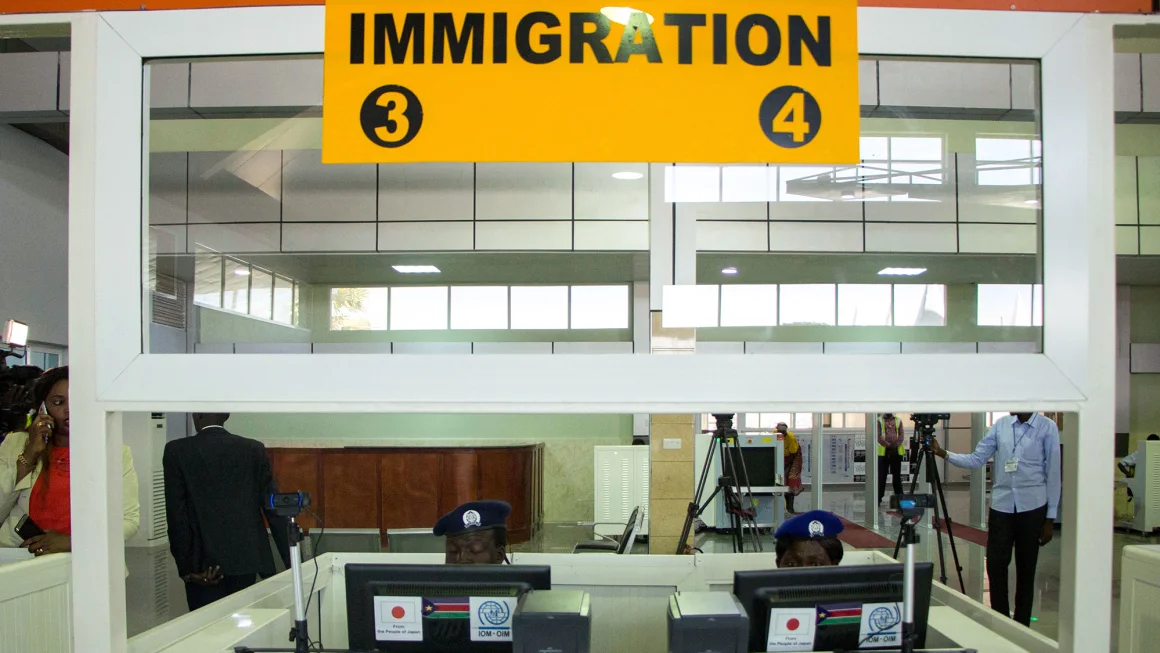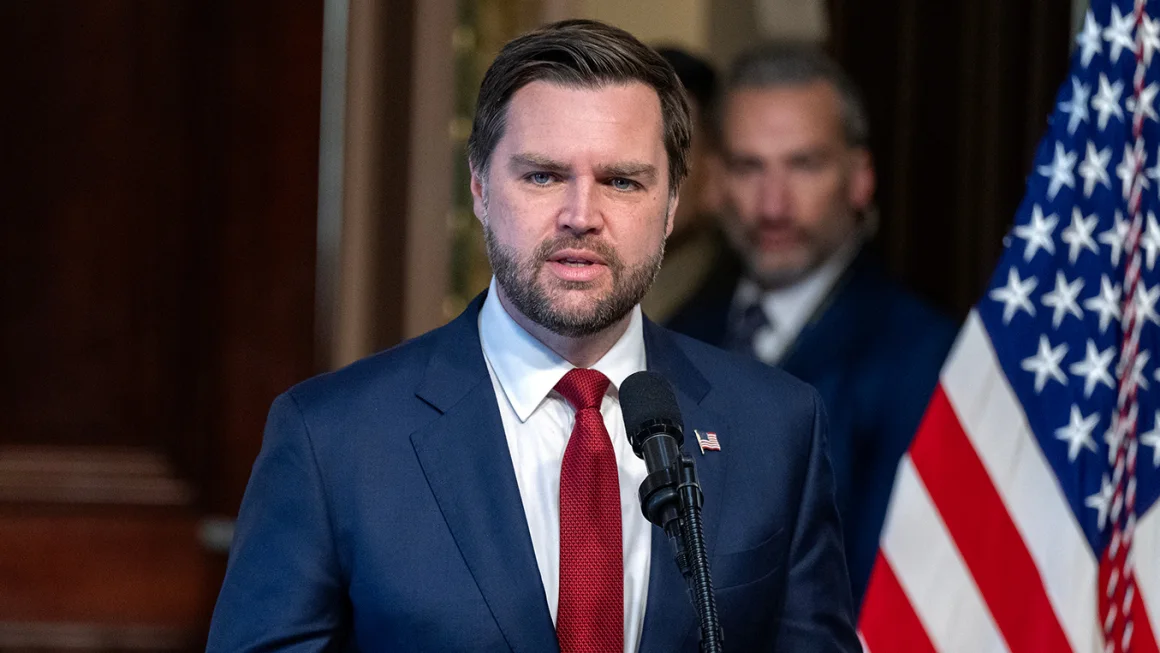
Mexico’s Economy Minister Marcelo Ebrard expressed appreciation for what he called “preferential treatment” from the United States following President Donald Trump’s announcement of broad new global tariffs.
Unveiled on Wednesday, the new U.S. trade policy introduces a baseline 10% tariff on imports from numerous countries. However, Mexico and Canada—while still subject to existing tariffs—were spared from the latest round of reciprocal levies.
Mexican President Claudia Sheinbaum credited the exemption to the strong working relationship between her administration and the U.S. government.
“There are no new tariffs against Mexico, and that’s a positive outcome for our economy,” Sheinbaum said during a Thursday press briefing. “This reflects the constructive, respectful relationship we’ve built with the United States.”
Ebrard echoed this sentiment at the same event, adding, “President Sheinbaum’s strategy is yielding results—Mexico is receiving preferential treatment.”
Earlier in his term, Trump had floated a 25% tariff on imports from Mexico and Canada. That plan was later adjusted to exclude products falling under the United States-Mexico-Canada Agreement (USMCA), which allows duty-free trade across several key sectors, including:
- Agriculture and food
- Electronics
- Medical devices and pharmaceuticals
- Clothing and footwear
- Chemicals
- Machinery and equipment
- Electrical goods
The White House confirmed on Wednesday that exemptions for USMCA-compliant products would remain in effect for now, pending progress on issues such as fentanyl trafficking and unauthorized immigration. Non-compliant goods, however, continue to face tariffs.
Mexico’s auto exports remain under a separate 25% tariff. President Sheinbaum said discussions are ongoing to address the impact of this policy on the vital automotive sector, which represents roughly 30% of Mexico’s exports to the U.S.
Ebrard noted that while other countries with trade pacts still face the new tariffs, “the USMCA stands as the only agreement with zero tariffs.”
He is expected to travel to Washington next week to negotiate adjustments for key industries not fully protected by the USMCA—namely automobiles, steel, and aluminum. While those two latter sectors comprise just over 2% of Mexico’s exports, their strategic importance has led the government to push for better terms.
Ebrard described the coming weeks as a crucial window for negotiations. “We’re entering a 40-day period to solidify our trade position. That’s our reality, and we’re determined to make the most of it.”
President Sheinbaum also announced a set of domestic initiatives aimed at bolstering national production in critical sectors, including cars, steel, pharmaceuticals, agriculture, and energy-efficient technologies.
“We’re launching a strategy to expand domestic vehicle manufacturing, including greater investment in innovation, R&D, and sustainable energy use. Industry leaders are already on board,” she said.
Known for her calm and calculated approach to U.S. relations, Sheinbaum—Mexico’s first female president and a former climate scientist—has emphasized diplomacy over confrontation throughout tariff-related tensions.
In a recent Truth Social post, President Trump praised the cooperation: “Our relationship with Mexico has been strong. We’re working closely on border security and the fight against fentanyl. Thank you, President Sheinbaum, for your efforts and partnership.”









